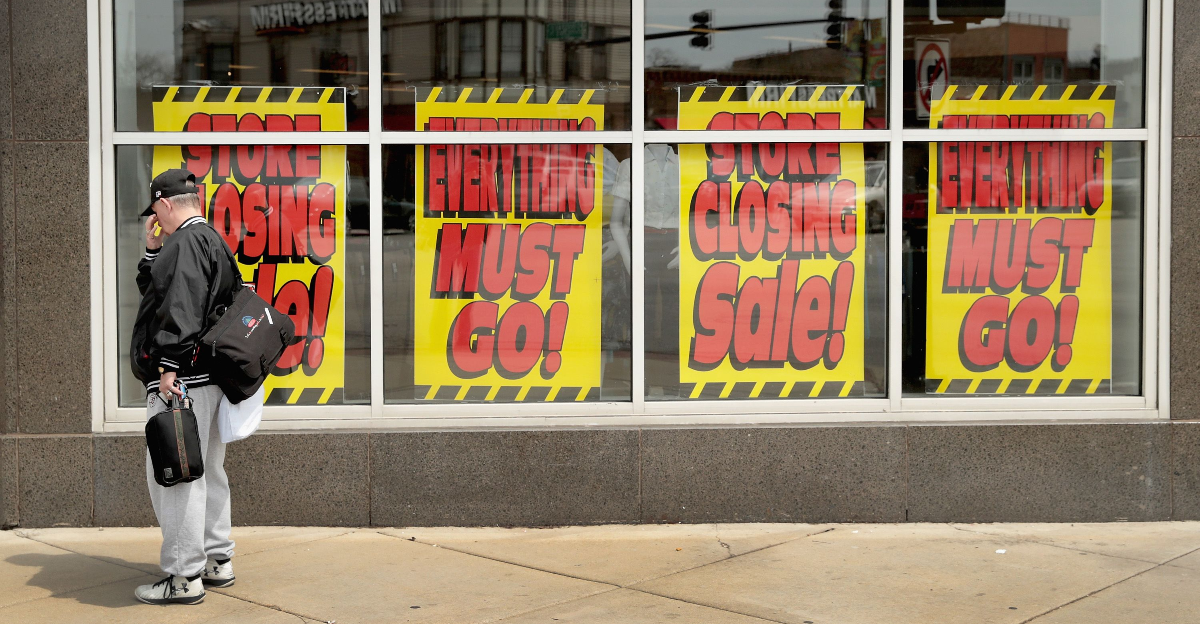
Corona-College Heights Orange & Lemon Association, known as CCH, has packed California fruit since 1899, long enough to see Model Ts turn into electric cars, according to TheStreet on July 24, 2025, which also notes its “CCH Citrus” label once filled produce aisles from Seattle to Miami. Now the cooperative is reeling after leaders voted to liquidate and filed for Chapter 7 bankruptcy protection on July 7, marking a sudden halt in operations and raising questions for shoppers who count on fresh lemons year-round.
A Pile of Debt Exposed

Court filings show CCH owns at most $10 million in assets yet owes up to $50 million to nearly 1,000 creditors, and Produce Blue Book’s July 21, 2025, report attributes that gap to pandemic-era freight hikes, high water bills, and four straight years of soft citrus prices. A credit analyst there says, “Freight costs jumped 30 percent in two seasons, and all the margin disappeared,” leaving carton printers and pallet suppliers, now at the back of the payment line, with little hope of recovery.
History at Stake
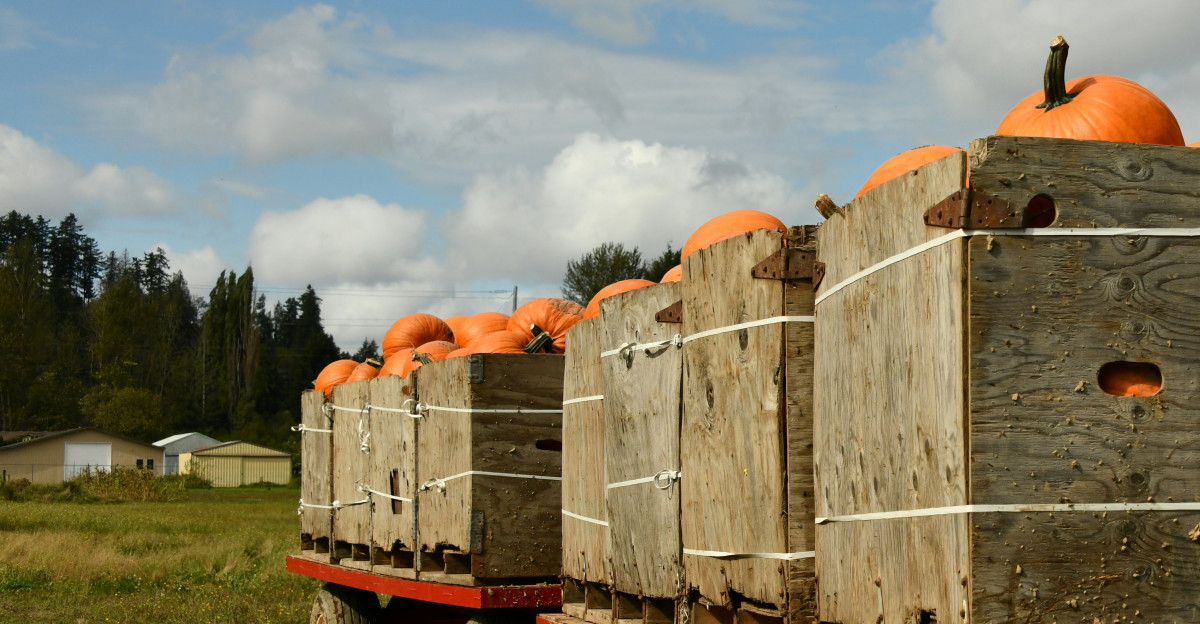
Minutes from September 2, 1899, reveal the Queen Colony Fruit Exchange shipped its first box of lemons—the seed that grew into CCH, which survived fires, freezes, two world wars, and fourteen mergers, packing nearly five million cartons at its peak. FreshPlaza’s July 22, 2025, profile quotes historian Dana Gioia calling CCH “a living postcard from California’s golden citrus era,” but that postcard is now dog-eared.
Rising Costs, Falling Prices
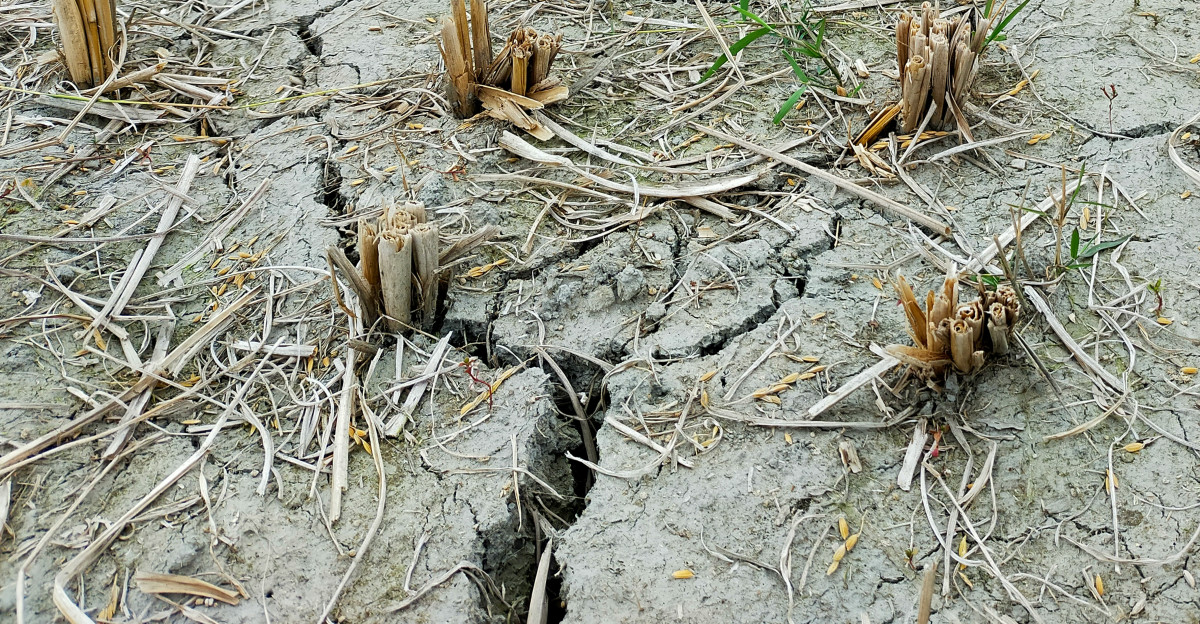
USDA Economic Research Service data from March 27, 2025, show California citrus acreage dipped one percent last year even as production costs rose twelve percent, growers paid $1.40 a gallon for diesel, drilled deeper drought wells, and boosted picker wages above $22 an hour, while big retailers leaned on cheaper imports from Spain and South Africa, squeezing U.S. packers like CCH between growers needing higher returns and buyers demanding lower delivered prices.
Bankruptcy Filing Stops the Lines

Court exhibits confirm CCH’s board voted on June 24, 2025, to cease normal business and pursue Chapter 7 liquidation; the case landed in Riverside federal court on July 7, 2025, where no motion to keep packing alive was filed. Trade outlets report conveyors fell silent within days as growers scrambled to other packers, effectively halting all operations after the bankruptcy blow.
Jobs Hang in the Balance
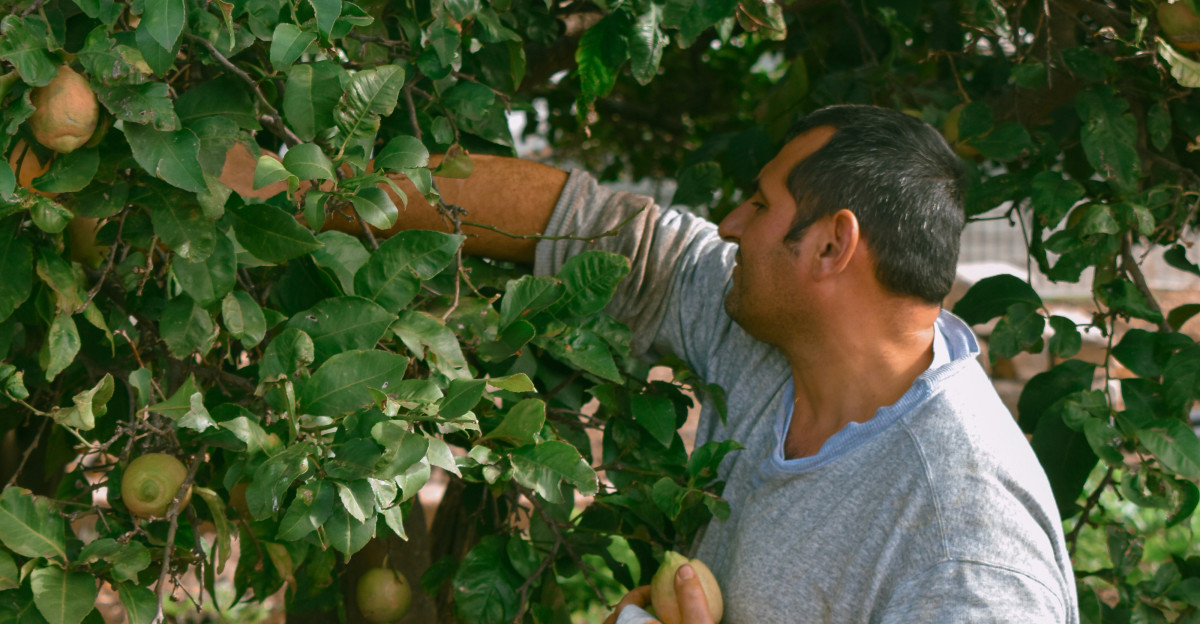
The Riverside County Farm Bureau warns that dozens of full-time packers, forklift drivers, and seasonal sorters suddenly lose shifts. At the same time, TheStreet reported on July 24, 2025, that truckers face new routes and small growers now endure forty-mile detours plus higher cooling bills to reach rival sheds. Local grocer Miguel Ramirez warns of empty shelf spots if that transfer network stumbles, and community groups are already scrambling to replace CCH’s longtime citrus donations to schools.
Workers Share the Pain
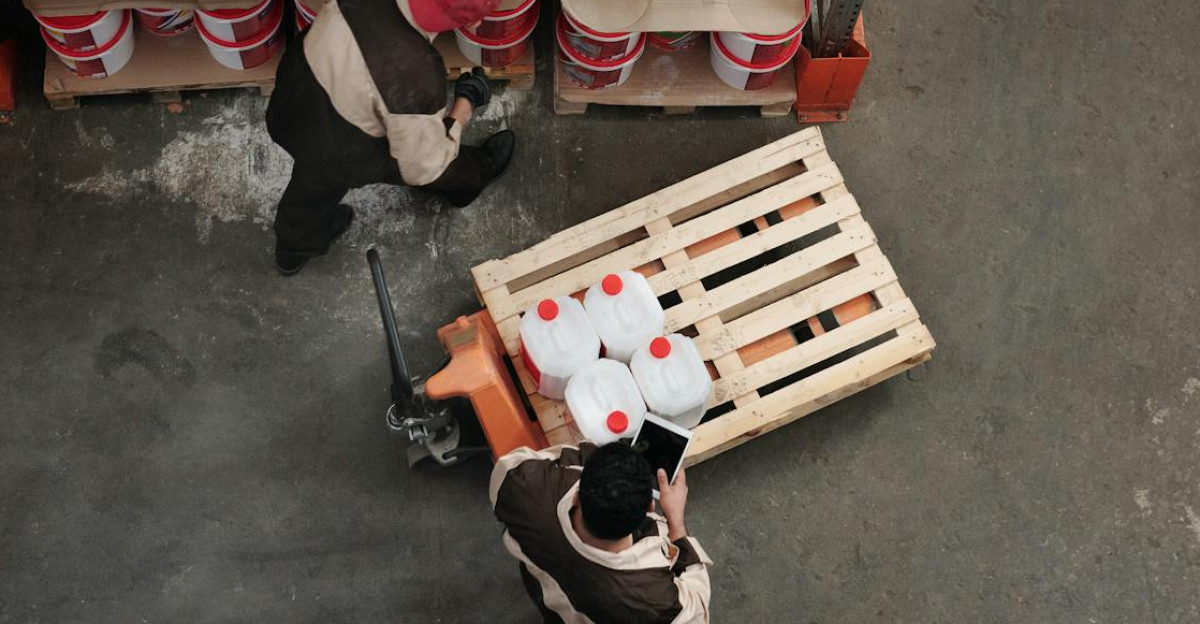
Produce Blue Book’s July 21, 2025, coverage quotes analyst Greg Johnson saying, “This really is the end of an era,” and former supervisor Maria Delgado recalling, “My grandmother hand-wrapped oranges here in the 1960s, and now everything is quiet.” Member-grower Steve Hagen adds that trucking lemons north in 100-degree heat will spike shrink, underscoring the emotional and financial ripple effects.
Supply Chain Adjusts

AndNowUKnow reported on February 5, 2025, that a planned five-million-box partnership with Veg Fresh Farms is now on hold as supermarkets pivot to Sunkist and Wonderful Citrus and juice processors eye discounted auction lots. Consultant Anne Kelly warns early-fall lemon prices could climb eight to ten percent unless oversized Chilean shipments ease supply constraints, prompting rival packers to lock in trucks and cold-storage space ahead of harvest.
The Industry Feels the Gap

California Department of Food & Agriculture’s August 8, 2024, acreage report shows lemon bearing acres up slightly to 52,725, but Valencia and navel acres down to 25,297 and 112,366, respectively—overall growth of just 1.5 percent. A CDFA brief warns that losing a facility handling roughly four million cartons leaves fruit “with nowhere easy to go,” driving some growers to consider bulldozing older blocks rather than risk having no packing options.
Creditors Brace for Losses
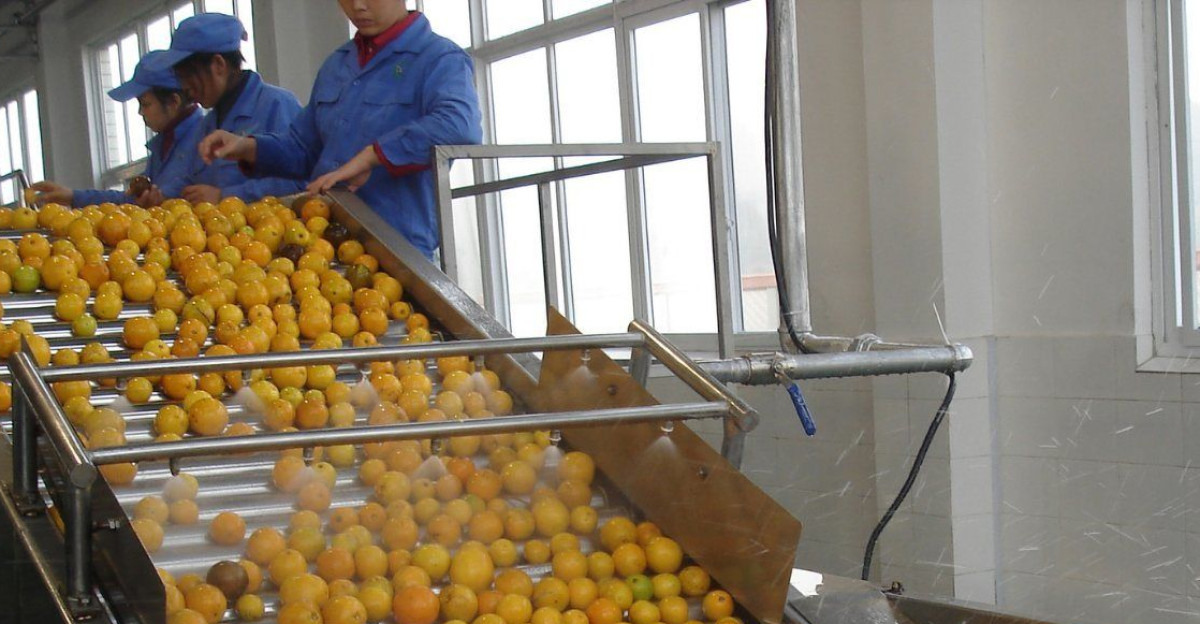
Produce Blue Book’s July 21, 2025, memo cites a court notice stating unsecured creditors shouldn’t expect any payout after administrative expenses, spelling trouble for carton makers, pallet suppliers, and fuel vendors. Bankruptcy attorney Charles Daff told the first creditor meeting that “when the belts stop, so does cash flow,” and many suppliers are dusting off credit-insurance policies and preparing for write-offs that could echo throughout the produce industry.
Growers Face Tough Choices
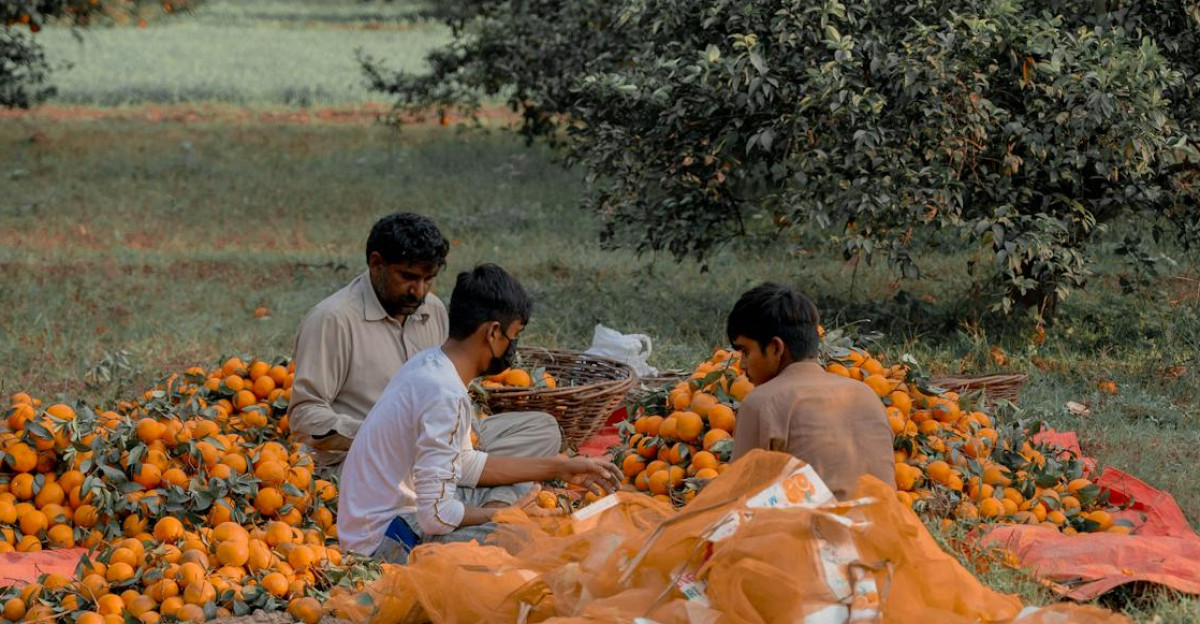
FreshPlaza’s July 22, 2025, coverage reports CCH’s 415 grower-members must choose between joining emergency pools at rival cooperatives for slimmer returns or shouldering self-marketing costs on short notice. Grower Rosa Mendez points out that “the lemons are ready whether the lawyers are or not,” leading some to consider early orchard removal, while lenders warn sudden cash-flow dips could breach loan covenants for smaller farms.
Trustee Takes Charge

Court records show interim trustee Charles W. Daff now controls payroll, property, and records, with a Zoom creditors’ meeting set for August 13, 2025, at 8 a.m. Former CEO Jose Fu holds no decision-making power, and staff returned badges on July 8; health insurance coverage lapses at month-end. The court clearly states the trustee’s duty is asset preservation, not restarting operations.
Plant Heads to Auction
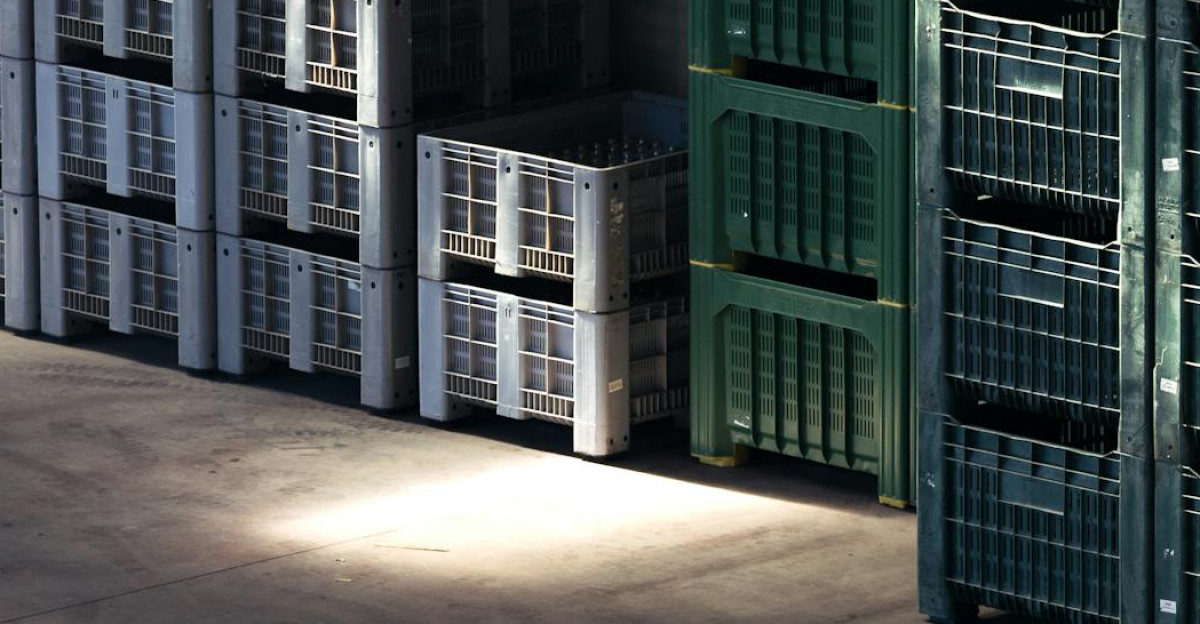
Produce Blue Book’s July 21, 2025, update says brokers expect CCH’s 21-acre Indiana Street complex—complete with stainless hydro-coolers, degreening rooms, and 260,000 square feet of cold storage- to list soon. Machinery specialists estimate sizers and waxing lines could fetch low-single-digit millions, a bargain for expansion-hungry shippers. Still, piecemeal sales risk demolition of the 1940s packinghouse, erasing a piece of Riverside’s citrus history.
Analysts Warn of More Closures
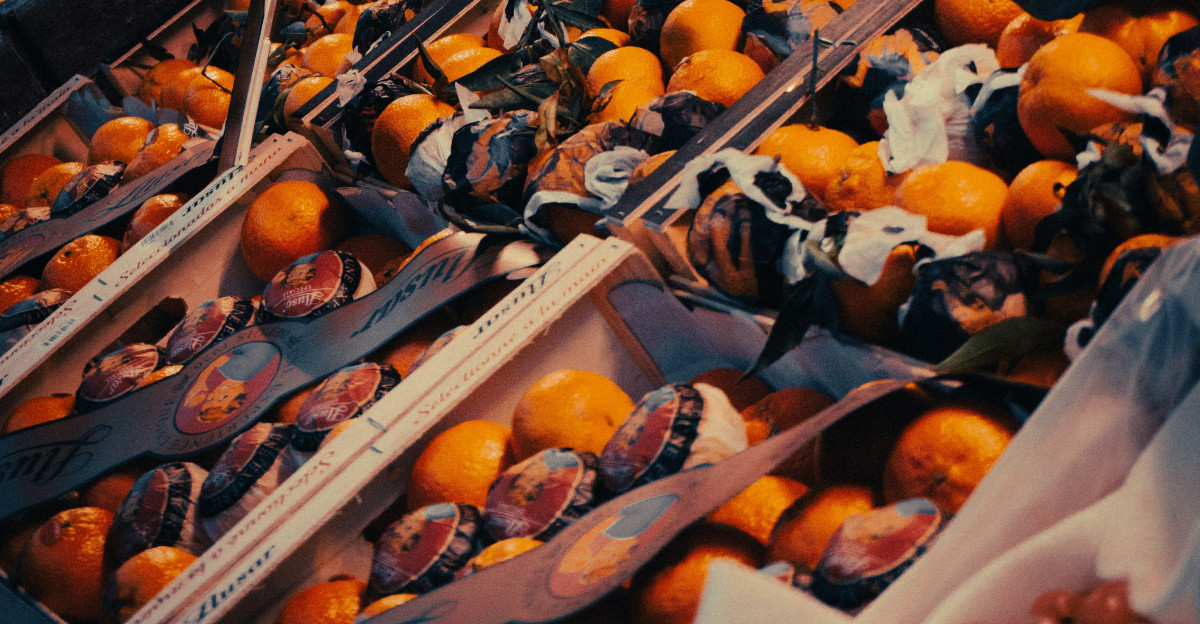
Sweet & Sour Citrus Project’s May 10, 2022, oral history notes Riverside once hosted 44 packinghouses, but only two ran year-round before CCH’s fall. The study highlights robots now doing half the grading, global imports keeping price pressure high, and rising compliance costs squeezing margins. UC labor scholar Catherine Gudis warns that small sheds lacking scale and deep pockets are at high risk. CCH may be the canary in the lemon grove.
Lemon Prices May Rise
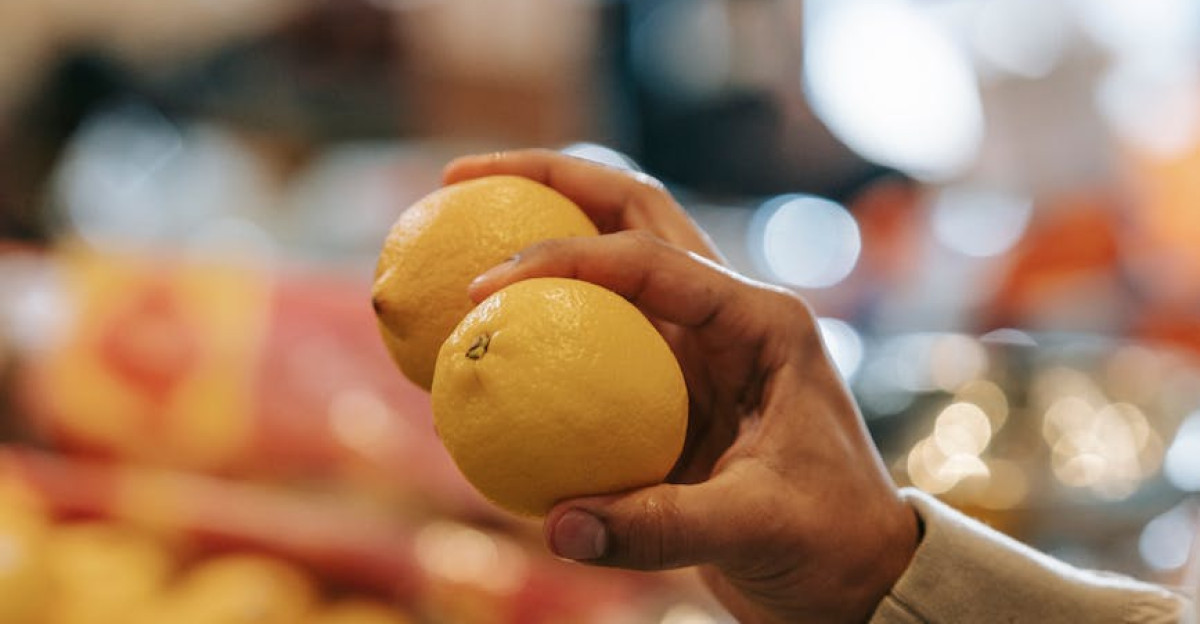
USDA Economic Research Service’s March 27, 2025, outlook projects U.S. lemon production up six percent in 2025 if remaining packers can handle volume. It warns that further closures could push more fruit into juice at steep discounts, likely lifting fresh-lemon prices by five to eight percent by spring 2026, meaning your iced-tea garnishes could cost noticeably more.